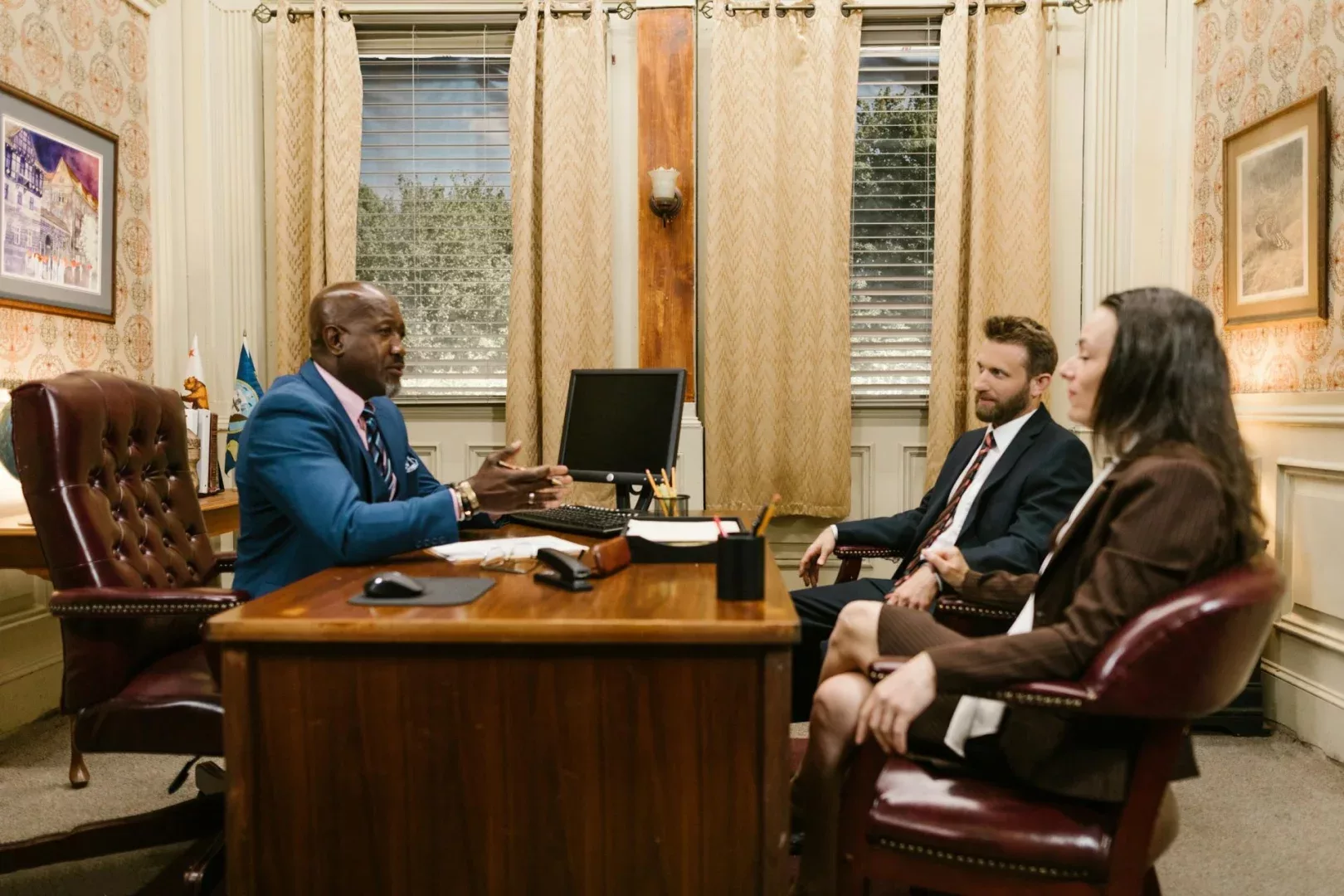Legal Separation vs Divorce in Massachusetts
Have you ever wondered about the difference between legal separation and divorce in Massachusetts? Our experienced divorce lawyers at TheBostonDivorceLawyer can guide you through the complexities of both options. Discover the key differences and considerations in this informative article.
As demonstrated by Massachusetts law, legal separation involves living apart but remaining married, while divorce ends the marriage completely. Legal separation allows for the division of assets and liabilities, but spouses cannot remarry.
Definition
In Massachusetts, I’ve learned that couples have two options to end their marriage: legal separation and divorce.
So to speak, in legal separation, spouses live apart but stay married. This can be for reasons like religion or finances. During this time, they can work on their problems and decide if they want to get back together or move forward with a divorce.
Divorce is ending the marriage legally. It involves splitting assets, debts, and figuring out child custody and support. After a divorce, the spouses are no longer married and can marry other people if they want to.
In Massachusetts, you don’t need a court process for legal separation like you do for divorce. Couples can create a separation agreement that details their rights and duties while separated. However, if they choose to divorce later, they will still need to go through the divorce process.
The main difference between legal separation and divorce in Massachusetts is that legal separation lets couples stay married but live separately, while divorce ends the marriage completely. Each choice has its own legal effects, so it’s important for couples to know their rights and responsibilities before deciding what to do.
Process
In Massachusetts, I learned that legal separation involves getting a court order which outlines the rights and responsibilities for each spouse while they live apart.
You know, this agreement can cover things like dividing assets, child custody, and support payments. Legal separation does not end the marriage, so spouses cannot marry someone else.
Divorce, on the other hand, is the legal process of ending a marriage in Massachusetts. This usually means filing a complaint in court, notifying the other spouse, and attending court hearings. Divorce deals with the same issues as legal separation, but it ends the marriage for good. Once a divorce is granted, both people are free to remarry.
Believe it or not, both legal separation and divorce in Massachusetts involve complicated legal steps and might need mediation or court help to settle disputes. It’s important for people going through either process to get advice from a qualified lawyer to make sure their rights are protected. Also, each process can have financial and emotional impacts on both parties, so it’s important to think carefully about all options before deciding. The choice between legal separation and divorce depends on the specific situation of the couple and their future goals.
Implications
Combining past discussions, in Massachusetts, I’ve found that legal separation and divorce carry significant implications for couples.
On a serious note, legal separation lets couples live separately without ending their marriage. This affects things like dividing property and deciding on spousal support. Divorce, however, ends the marriage, letting both partners remarry. It also involves decisions about child custody and support.
With legal separation, couples are still on the hook for each other’s debts and need to split assets like property and retirement accounts. Spousal support can also come into play.
In a divorce, all shared assets and debts must be divided. As far as I’m concerned, this includes property, bank accounts, and investments. The court will also handle child custody and support if the couple has children.
Both legal separation and divorce can be emotionally tough. Legal separation gives couples a chance to take a break and possibly fix their issues. Divorce is the final step and can be hard on both partners.
In Massachusetts, knowing the differences between legal separation and divorce is very important before deciding. Couples should think about their financial, emotional, and legal needs before moving forward with either choice.
Requirements
As I mentioned previously in Massachusetts, I’ve learned that legal separation and divorce have different requirements.
To be fair, to legally separate, couples in Massachusetts must meet a residency requirement, meaning at least one spouse needs to have lived in the state for a specific period. They can file for legal separation if they are living apart and have agreed on matters such as dividing property and child custody.
For divorce, the same residency requirement applies. Couples can file for a no-fault divorce, citing irreconcilable differences. If you think about it, they must also sort out issues like property division, alimony, and child custody.
In both legal separation and divorce, couples are encouraged to work together or use mediation to agree on these issues. If they can’t come to an agreement, a judge may have to decide for them.
Benefits
Referencing previous discussions in Massachusetts, I found that there are benefits to both legal separation and divorce.
For real, legal separation lets a couple live apart and split their assets without officially ending their marriage. This can give both people financial protection while they decide if they want a divorce. It also allows the dependent spouse to keep using health insurance and social security benefits.
Divorce, however, legally ends the marriage and lets both people remarry. It provides a clear division of financial matters and assets. Divorced individuals might get benefits like spousal support or a share of retirement accounts. All kidding aside, they can also make decisions about their future without needing their ex-spouse’s approval.
In Massachusetts, whether legal separation or divorce is better depends on the couple’s situation. Legal separation is a temporary fix, while divorce is a permanent solution. Both options have financial and legal effects that need careful thought. Consulting a lawyer is important to understand the specific pros and cons of each choice and to make an informed decision.
Bringing it All Together
Looking at our previous talk, in Massachusetts, legal separation and divorce both offer couples the opportunity to formalize their separation agreements.
What TheBostonDivorceLawyers is saying to think about is, while legal separation allows for financial and child support arrangements without legally ending the marriage, divorce is a final dissolution of the marriage. Ultimately, the choice between legal separation and divorce in Massachusetts depends on the specific needs and circumstances of each couple.







